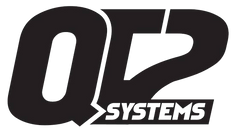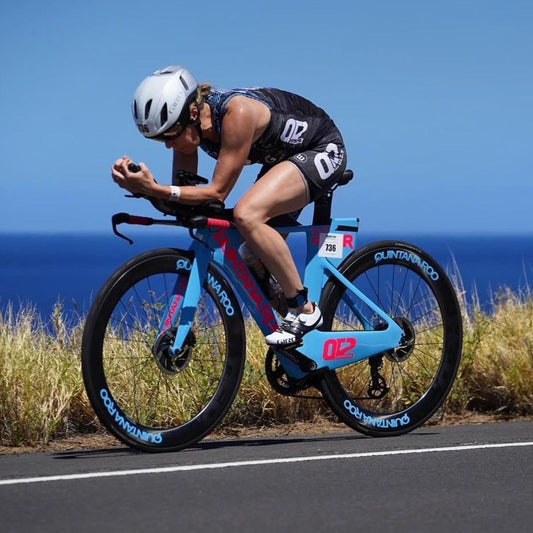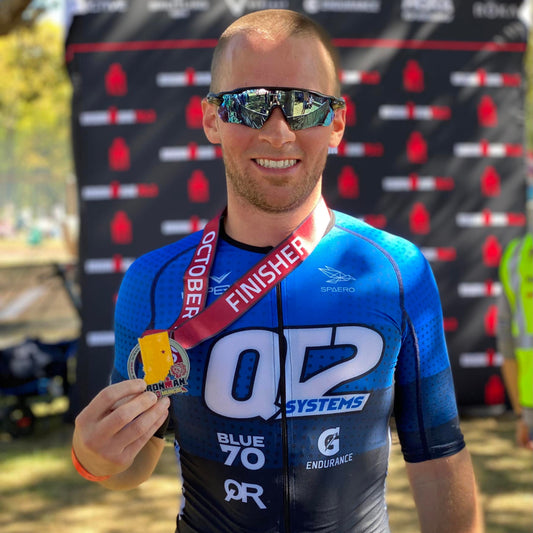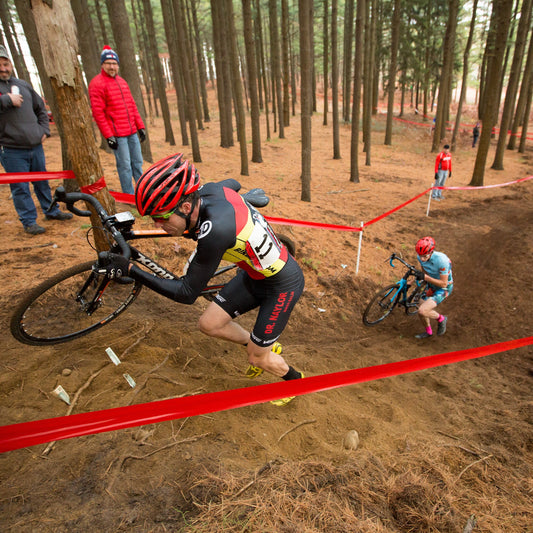“I support my training with adequate carbohydrate intake, avoided fasted and/or under-fueled workouts.”
It is well-reported that during periods of heavy training and racing, athletes are more susceptible to, and may experience, an increase in upper respiratory infection (URI). A “window of altered immunity” following prolonged or heavy exertion exists (that may last between three and 72 hours), wherein many components of the immune system exhibit change. This window is an opportunity for viruses and bacteria to gain a foothold. In addition, factors such as travel, low energy availability, and high levels of stress and anxiety also put athletes at risk. So, what can we do from a nutritional and lifestyle standpoint to combat getting sick?
The Core Diet Immunity Scorecard provides an opportunity to check in with yourself and your coach to ensure you are taking all steps possible to stay healthy. Properly fueling workouts is a piece of the immunity puzzle. Read below to find out more.
- To maintain immune function, athletes should eat a well-balanced diet sufficient to meet their energy requirements. This includes the intake of adequate carbohydrate in general, and more specifically during training bouts.
- Studies have shown that an athlete exercising in a carbohydrate-depleted state experiences larger increases in circulating stress hormones and a greater depression of several immune function indices.
- Conversely, consuming even just 30-60 grams of carbohydrate/hour during exercise attenuates rises in stress hormones (i.e., cortisol) and appears to limit the degree of exercise-induced immunosuppression.
- It is widely accepted that, in addition to immune function benefits, fueling adequately with carbohydrate during training improves workout performance and enhances recovery.
- The Joint Position Statement of the American College of Sports Medicine, the Academy of Nutrition and Dietetics, and the Dietitians of Canada recommend the following carbohydrate intake amounts during exercise:
- Training lasting <45 minutes: no carbohydrate needed
- Training lasting 45-75 minutes: small amounts of carbohydrate including mouth rinse.
- Training lasting 1-2.5 hours: 30-60 grams of carbohydrate/hour
- Training lasting >2.5 hours: up to 90+ grams of carbohydrate/hour






